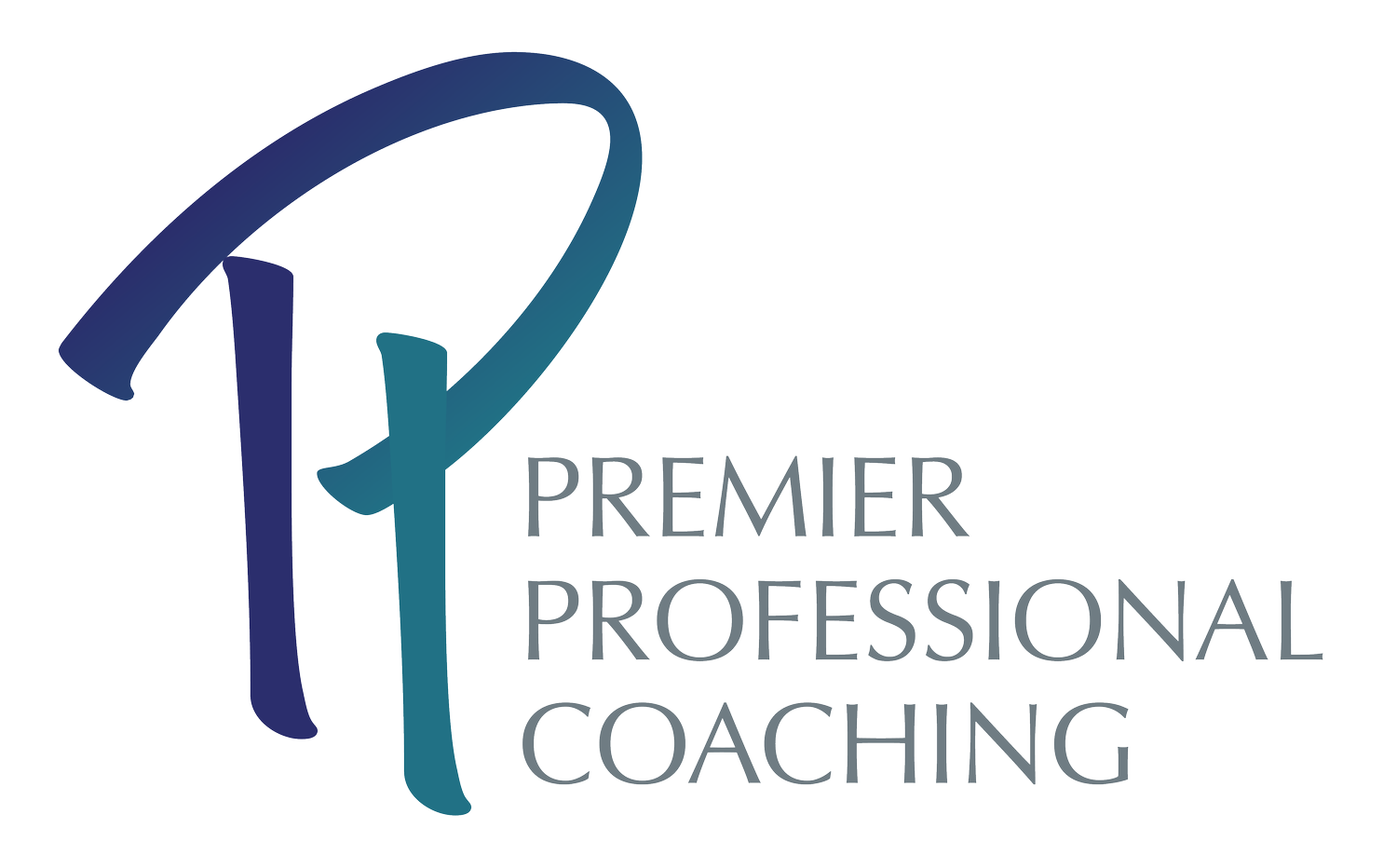A Client’s Guide To Coaching, Consulting, And Everything In Between
Coaching, consulting, mentoring, advising, teaching. I often hear these words used interchangeably, but there is a difference and I think it’s important to draw the distinction so that clients understand what they will get when they sign up to work with one of these professionals.
COACH
Not so different than a sports coach, an Executive Success Coach works with clients to unlock their potential and improve their performance, but likely without the yelling and cursing.
Executive Success Coaches use a process called Active inquiry which simply means, asking a lot of open-ended questions to challenge clients to think about challenges and growth opportunities in different ways. A good coach will ask more questions than they will tell you what to do.
A coach may have expertise in a specific industry but they are generally hired for their experience and expertise in providing unbiased perspective, insight, accountability, and support to clients across various business sectors.
The focus here is on the person, not the business problem. Clients will hire a coach when they know the solution to the problem is within their control and they will benefit from identifying the solution and doing the work. We are thinking about the long game here. What arrows do you need in your quiver to get you to where you want to be, personally and professionally.
Clients hire an Executive Success Coach to:
1. Become a more strategic and influential leader
2. Meet challenging goals that require personal attention
3. Create new behaviors and habits to elevate performance
4. Achieve career growth or transition goals
CONSULTANT
Consultants are brought in to work on business problems that clients don’t have the time, expertise, or resources to solve. They use their own knowledge and skills to diagnose the problem and provide the solution.
Finding a consultant with expertise in your industry is more important than finding a coach with industry experience. Consultants are hired because they are the subject matter experts and can effectively work with multiple teams to manage a project and provide tools and frameworks to support their proposed solutions.
Clients hire consultants to:
1. Manage a large project
2. Stand up a new business line
3. Diagnose the root cause of a business challenge and propose solutions
4. Fill a knowledge or expertise gap on your team
A few other terms I think it is important to cover are:
ADVISOR
Advisors are laser-focused on an area of expertise and are hired for their knowledge, experience, or connections. They employ an ask and tell approach, doing more telling than asking.
Similar to coaches, advisors are not going to do the work for their clients. One way we see advisors working in a formal capacity is on Advisory Boards. These are generally volunteer appointments but sometimes advisors are hired for a fee or provided equity.
MENTOR
A mentor-mentee relationship is an informal relationship that forms organically and has mutual benefit to both parties. A mentor has years of experience under their belt and will offer advice and guidance to those who want to develop professionally.
This relationship becomes personal and meaningful over time with investment from both parties. Though there is no money exchanged in this relationship, the value of finding the right mentor is immeasurable.
TEACHER
The definition of teaching is “showing someone or explaining how to do something.” Sharing knowledge, instruction, and facilitating learning in others are all examples of how we “teach” others.
I had a client say to me recently, “I really love coaching my team. Anytime I learn something new, I always share that knowledge with them.” This client misconstrued teaching for coaching and while that isn’t a detrimental error within an organization, it could be costly if you hire a coach and expect them to impart knowledge and teach you new skills.
WHO SHOULD I HIRE?
Coaches and consultants both provide tremendous value through varying approaches. To make matters even more confusing, many coaches function as consultants and vice versa.
Before hiring anyone, think about these questions
1. How important is my role and involvement in solving the problem?
If your answer is very important, then you should consider hiring a coach to help grow your capability. If your role isn’t as important, consider a consultant to jump in and get the work done.
2. Is there a knowledge or resource gap in your organization that needs to be filled immediately?
If yes, consider hiring a consultant to fill that gap. If you have time to explore long-term solutions, a coach will help you work through options and find the path that works best for you.
What it really boils down to is finding a professional who you can work well with, you trust, and who has the skills to apply the approach you want to take. Most coaches and consultants offer a free strategic planning or discovery session to explore fit. Take advantage of that session and be sure to have questions lined up that will help you make an informed decision.
OUR APPROACH
I love a good root cause analysis for effective problem solving, however, my approach lends itself more towards coaching with some teaching and advising sprinkled in for good fun.
Clients hire me for my ability to help them find success in their professional endeavors. From stepping into that first leadership role to achieving your most lofty professional and career goals, I have the experience and expertise to coach you through identifying the path, creating the plan, and following it through.
Contact me if you are ready and committed to making long-term, sustainable changes.
